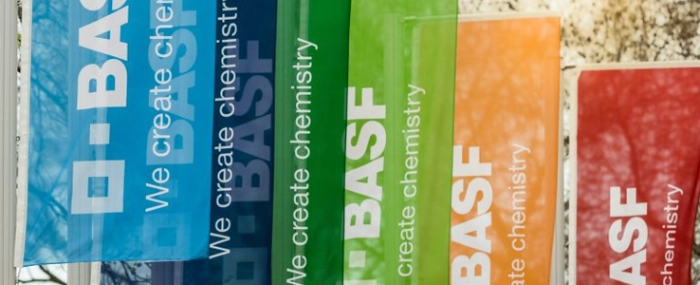
© BASF
Electronics Production |
BASF receives subsidy notification from German BMWi
The - now funded - BASF project will focus on the company's facility in Schwarzheide (Brandenburg); but will also include the Ludwigshafen (Rhineland-Palatinate) site on a smaller level. The project is part of the 'Important Project of Common European Interest' (IPCEI) to promote the development of a battery value chain in Europe Union.
Funding for BASF is earmarked for research and innovation as well as for the construction of facilities for the production and recycling of battery materials in Schwarzheide. The federal government will carry the costs, with a 30 per cent share paid for by the state of Brandenburg.
Parliamentary State Secretary to the Federal Minister for Economic Affairs and Energy Elisabeth Winkelmeier-Becker: “I am delighted that I am able to present BASF with a decision today to promote research and industrial piloting in the field of highly innovative battery materials. The federal and state governments jointly want to grant BASF around 175 million euros for its two sites in Schwarzheide and Ludwigshafen. We are thus making an important contribution to ensuring that the latest and most environmentally friendly materials are used in batteries for electromobility. The project makes a significant contribution to establishing a sustainable battery value chain for electric vehicles in Europe. As an industrial location, Germany will benefit greatly from BASF’s activities in terms of value creation and skilled employment."
The Federal Ministry for Economic Affairs and Energy (BMWi), together with other EU member states, is funding two major projects on battery cell innovation. BASF was part of the first IPCEI that the European Commission approved under state aid law in December 2019. 17 companies from a total of seven member states work together here.
The aim of the overall European initiative is to create the basis for an innovative, sustainable and competitive production of battery cells and modules in Germany and Europe. The battery materials used have a decisive influence on the costs and performance as well as the environmental footprint of batteries. Innovative cathode materials, as pursued by BASF, increase the performance and cost efficiency of batteries and thus promote the success of climate-friendly mobility. The recycling of battery cells with the aim of recovering important raw materials in turn reduces the need for raw materials and thus increases the sustainability of the batteries. This also supports innovative value creation and leads to qualified jobs in Germany and Europe, the BMWi in a press release.

